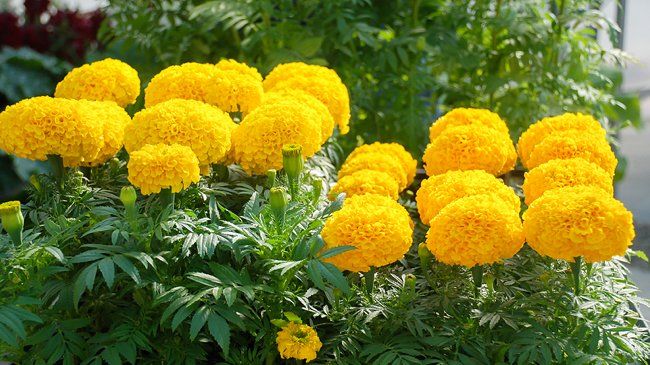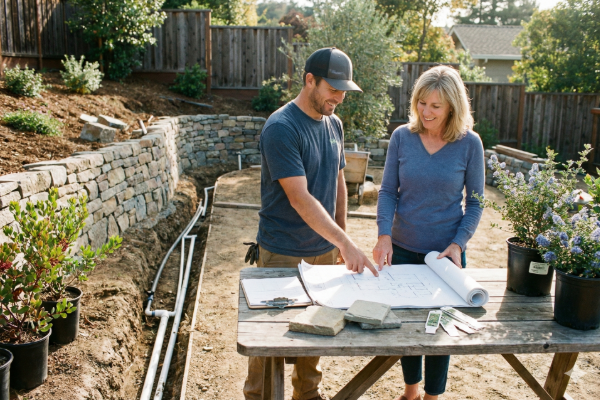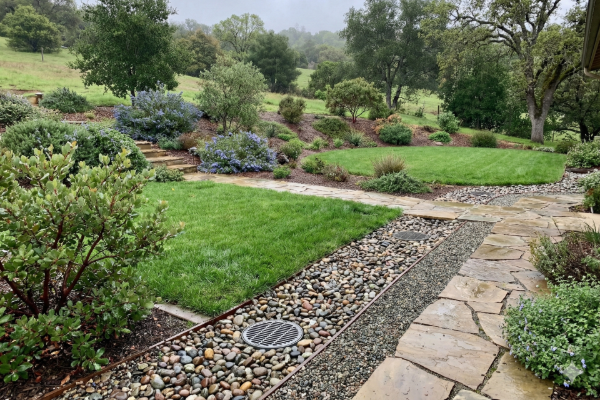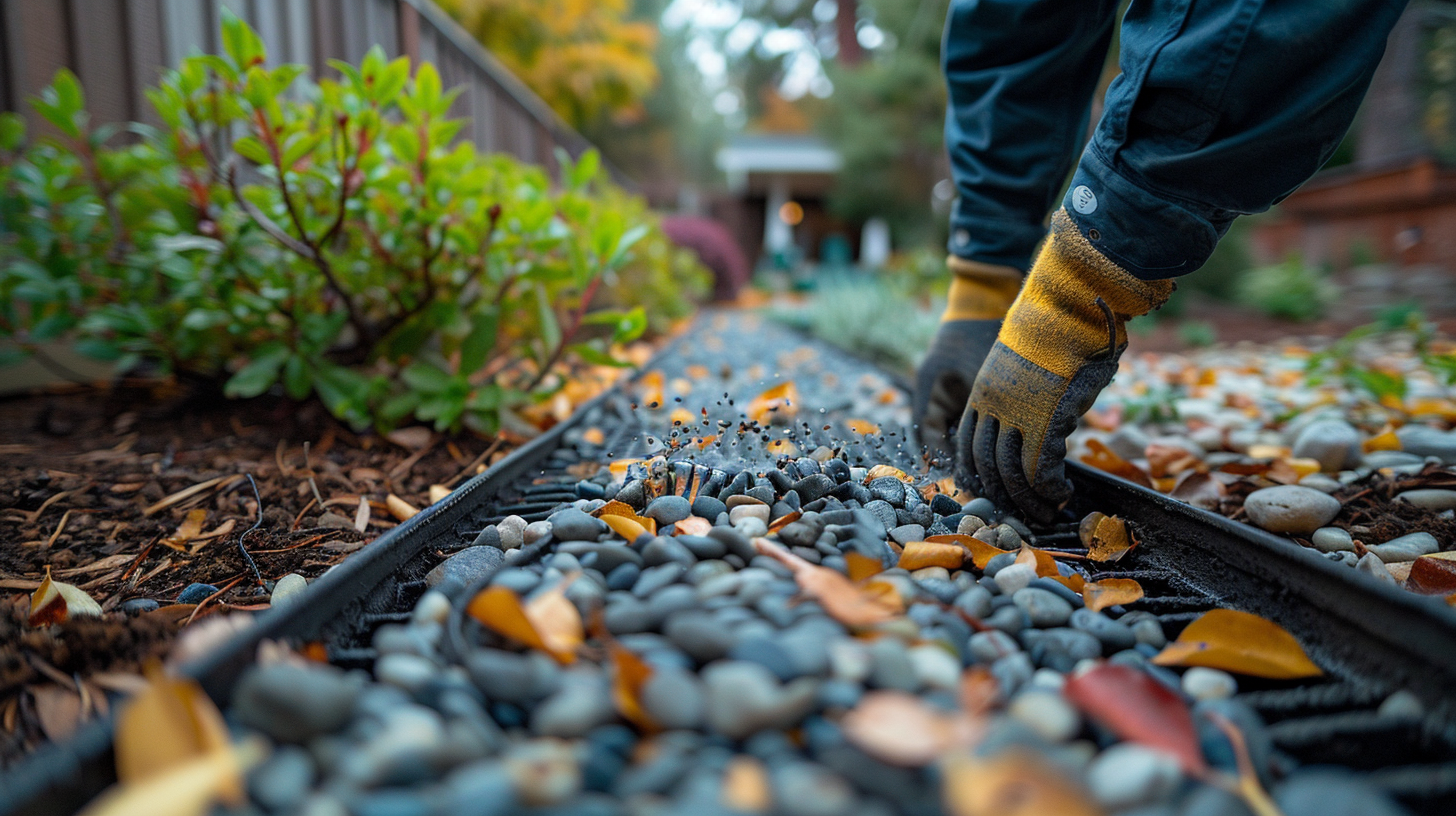5 Flowers and Plants To Keep Pests Out of Your Vegetable Garden This Summer

How To Use Flowers To Keep Pests Out of a Vegetable Garden
You work hard to tend to your vegetable garden, whether it's a favorite pastime or something you do for the sole purpose of feeding your family. The last thing you want is to have your tomatoes, cabbage, carrots, and other vegetables fall victim to aphids, slugs, or other pests. Luckily, you can create a veritable rainbow of protection for your garden when you add in the right flowers and plants with the help of a landscaping contractor. Check out these five options to help keep your vegetable garden safe this summer.
1. Marigolds
Gorgeous plants that bloom in shades of yellow, orange, and red, marigolds are an excellent flower to place near your food garden. They help to repel a wide variety of insects that can damage your vegetables, including mosquitos and aphids, which are small insects with soft bodies that suck nutrients out of plants. They may even help to repel rabbits and other small animals that like to forage through your gardens. Marigolds are small, making it easy to mix them throughout your vegetables and in other parts of your yard without worrying about them taking over.
To get the most out of your marigolds, you'll need to plant them in an area that gets full sun. They'll grow in most garden soil, as long as it isn't too acidic, but they need to be watered at least every couple of days while growing. Once they're in full bloom, though, they will grow even during droughts, though not in as large a quantity as if you were to continue to water them.
2. Chrysanthemums
If you want a flower that will repel a large number of pests in your vegetable garden, any landscaping contractor will say that you can't go wrong with chrysanthemums. These blooms are known to repel everything from ants, spider mites, and silverfish to Japanese beetles, ticks, and Harlequin bugs. In fact, they're such an effective deterrent for so many pests that some repellents use the flower as an ingredient.
Chrysanthemums only require six hours of sunlight a day to survive; however, the more light they receive, the better they'll thrive. Warmer gardening areas can benefit from a bit of shade as well, though, which keeps them from scorching. You can grow chrysanthemums in a variety of soils, though they do best in areas with consistent moisture.
3. Petunias
Another beautiful flower that does double-duty as an insect repellent is petunias. They are especially helpful for those who love to grow tomatoes in their gardens, as when planted in combination with basil, they keep tomato hornworms away. Leafhoppers, asparagus beetles, and squash bugs aren't fond of the flowers, either.
Petunias grow best when they have access to sunlight for 6-8 hours per day at a minimum, although the shade is also important during the hottest parts of the summer. While it is important to avoid overwatering, petunias do need well-draining, moist soil. They are available in a wide range of colors, including yellow, red, blue, pink, and purple. If you're interested in striped or other multi-color patterns, you can even have a little fun with landscape design.
4. Lemongrass
If you'd like to skip the traditional flowers in favor of something more functional, consider lemongrass. The plant mostly repels mosquitoes, which means it's useful if you are someone who prefers to work in your garden closer to dusk. Even better, it is functional and often used in grilled meals or as marinades that create a sweet and citrusy flavor.
If you intend to plant lemongrass, you'll want to do so in a location that sees full sun to get the most out of it. However, it will still attract pests even when planted in the shade. Lemongrass requires moist soil since its natural environment is hot and humid. It can be planted at the same time that you plant your tomatoes each season.
5. Alliums
An all-encompassing term that refers to a variety of ornamental onions, you may have heard of alliums by other terms such as scallions, leeks, chives, or shallots. Although they are most common in shades of purple, you may also find them in white or silver. Alliums are excellent plants for keeping your vegetable garden free of pests such as carrot flies, cabbage worms, slugs, and aphids.
For healthy alliums that you can use in your recipes as well as to repel insects, you'll need to plant them in an area that gets at least 6-8 hours of sun per day. While they will grow in shade, they won't be as robust. It's also important to keep in mind that the growing season for alliums is fairly short. They don't need to be watered very frequently and should be planted in soil that drains well.
Consider Help From a Professional Landscaping Contractor
Even those who have a green thumb when it comes to vegetable gardens don't always possess that same talent for growing flowers. If you'd like a gorgeous floral landscape for your home that does double-duty as an insect repellent for your garden, consider professional help.
Contact Canepa Landscaping for more information.




